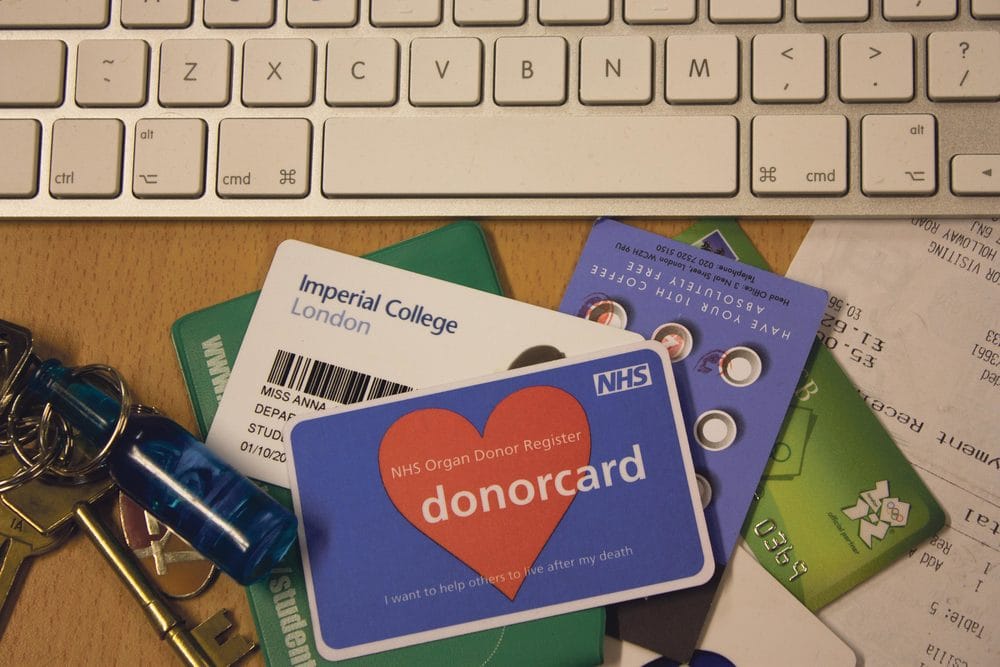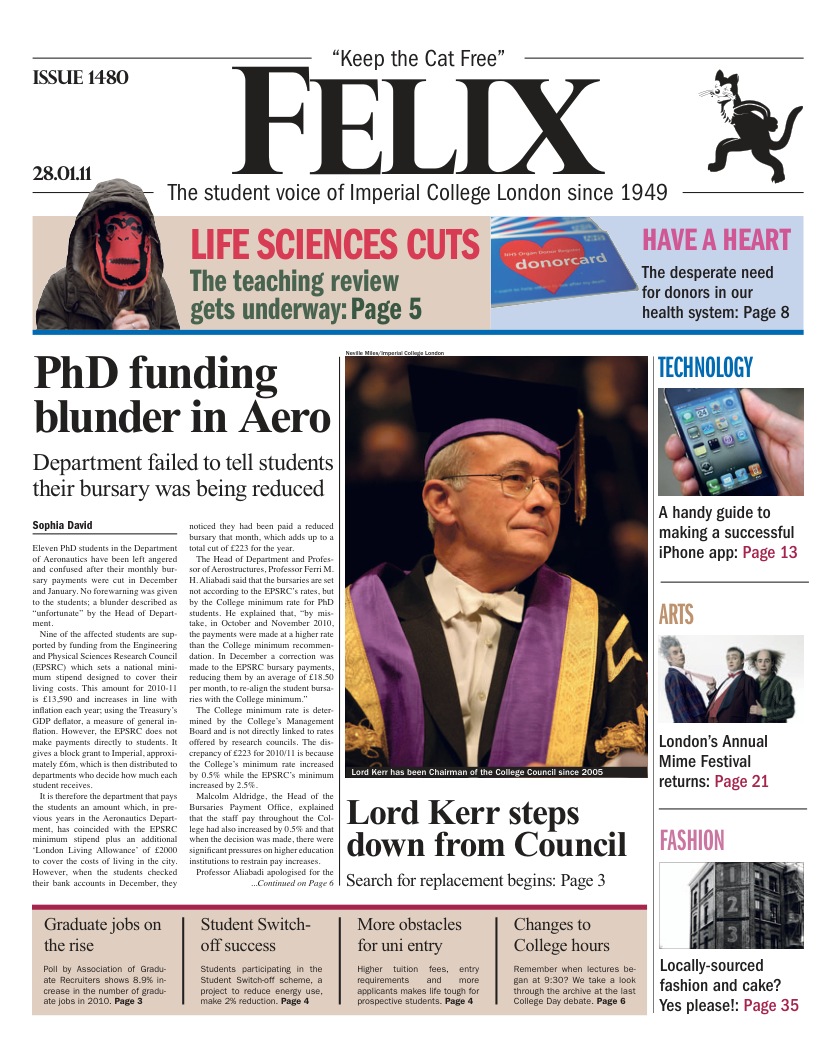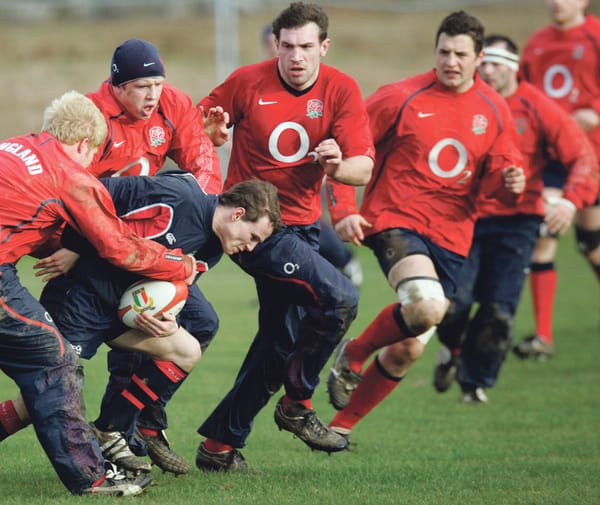The UK’s organ shortage kills 3 people every day...
Katy Bettany and Anna Perman on why you should donate

Imagine. Something in your machinery has stopped working. Somewhere in your body, a vital organ, your kidneys, eyes, your heart, has malfunctioned. Your doctor says that the damage is irreversible and that you need a replacement.
For nearly 8,000 people in the UK currently waiting for an organ transplant, this is a reality. Their life is on hold until one becomes available. Fortunately, 96% of us would be willing to give our organs to those patients after our deaths. Yet only 27% of Britains are on the register to donate and a shortage of organs is the biggest problem facing NHS Blood and Transplant services (NHSBT). This week Felix spoke to Dr. Lorna Williamson, Medical and Research Director of NHSBT, who highlighted the true consequence of such a shortfall; that “3 people a day will die before an organ becomes available”.
At present the UK has an opt-in system, where you have to sign up to donate organs after your death. So why are there so few people doing so?
For many of us, it is unpleasant to think about and easy to be put off. But by thinking about it now we could save lives later. Dr. Williamson explained that for the families of deceased organ donors, the knowledge that lives have been saved can continue to be a great source of comfort for a number of years.
Some people worry about being on the register; for example some imagine that doctors might give up on them earlier so that their body parts can be used. There is no need to be concerned about this. “No one knows whether a patient is on the register until the point at which it is clear that other treatment would not be beneficial to that patient. And in fact death has to be certified by two doctors who have nothing to do with the transplant team.”
What is important to remember is that anyone could suddenly find themselves requiring a transplant: two major causes of kidney failure are hypertension and diabetes, both common diseases in the UK. Chronic liver disease, a common cause for liver transplantation, claims 13,000 lives a year in the UK and can be caused by excessive alcohol consumption; something of a national occupation.
If you suddenly found yourself in need of a new organ, the first job for NHSBT would be to find a match. Dr. Williamson explained that familial donations are preferable to deceased transplantation, “partly because the whole thing has been planned, so you can have the donor and the recipient in the same hospital, and can go straight from one to the other. And also because if it is a relative, they will be a particularly good match.”
In the case of kidney failure, patients waiting to find a match can be sustained via dialysis. However, the average waiting time is well over 1000 days and with other conditions there may be no other option besides transplantation. Dr. Williamson highlighted that “for some patients with acute liver failure, for example, they really only have days or weeks in which to have the possibility of an organ transplant, and it may even be too late for them”.
For the recipient of a donation, the procedure is not without its side effects and transplanted organs do have an expiry date which may require the patient to re-register for another subsequent transplant.
The system has been set in place to run as smoothly as possible. But with 8,000 people currently requiring organs, and only 3,000 operations a year, getting more people to sign up for the register is vital for saving more lives.
Experts look to Spain as a country which has been successful in this. There, being an organ donor is seen as the norm. Experts think a change in culture is needed here.
That is part of the reason an opt-out system, where everyone is on the register unless they state otherwise, was rejected by a government task force in 2008. According to writer and committee member Vivienne Parry, “presumed consent would not increase the number of donors and might do the opposite.” She felt it was all down to trust. Assuming people were willing to give organs without really asking them might alienate people further from the system. For many people who have donated organs, an opt-out system would fundamentally change the relationship between donor and recipient. It would become taking rather than giving.
Most people sign up to the organ donor register when they get their first driving license. As of this year, that process will be changed. “Rather than just skipping over the question, you have to either register or put a positive tick in the box that says ‘no’, so it’s as easy to sign up as to put it off,” says Dr Williamson.
There are also problems getting the right mix of ethnicities and age groups to meet patients’ needs. People from ethnic minority groups are underrepresented on the register, yet are highly likely to need an organ due to high rates of diabetes and hypertension. Finding matches for children of mixed-race couples could also be difficult, as fewer people on the register will match their genetic profile.
This is why a lot of research has gone into finding transplant methods which don’t require a blood and tissue match. Last year a patient was given a donor trachea that had been stripped to its collagen base and covered in the patient’s own stem cells. The body recognised the organ as belonging to the recipient, so immune-suppressants were not required to prevent rejection. There is even research on building an organ from scratch using a patient’s stem cells. However, these measures are a long way off, and in the short term, NHSBT is focussed on raising awareness and improving the way they look after the patients who need transplants now.
So what can you do? When finding ways to put off writing that lab report, go to the NHSBT website and sign up to be an organ donor. Your procrastination could save lives.









